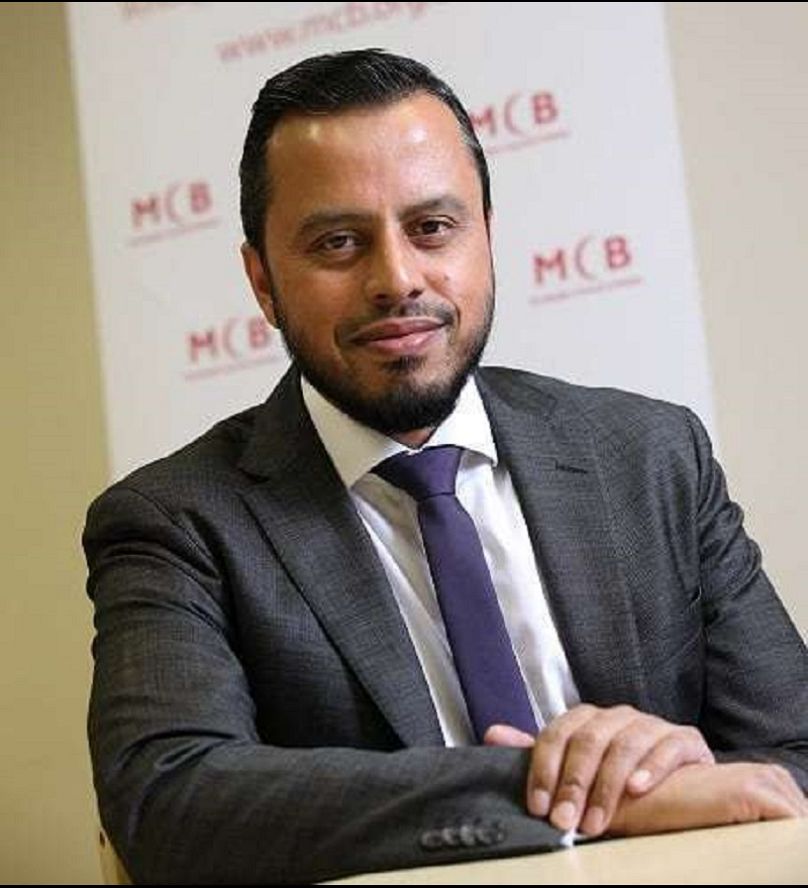The challenge of involving younger people is a common concern for many churches, mosques, temples and other places of worship.
Last week we learned that some of Britain’s oldest cathedrals were deploying very modern methods to bring in new devotees.
The idea certainly brought attention and debate. Reverend Canon Andrew Bryant described Norwich Cathedral’s decision to install a giant helter skelter in their nave as a “playful idea with a very serious purpose.” The idea comes after Britain’s second oldest cathedral, 1,400 year old Rochester Cathedral opened a mini adventure golf course saying “We are always looking for new ways to engage with young people.”
The challenge of involving younger people is a common concern for many churches, mosques, temples and other places of worship.
In addition to the country’s estimated 40,000 churches, Britain’s 2,000 mosques are also transforming themselves as community hubs to cater for young people, from youth clubs on Friday nights, to running debating clubs for teenagers to starting football clubs in collaboration with the national Football Association.
The need for innovation comes amid news of decline in the number of Britons who identify with a faith group. About 25% of Britons described themselves as having no religion in 2011 according to the national census, a significant jump from the 15% figure ten years earlier in 2001. And when analysed by age group, the differences are even more stark, with the proportion almost 33% for under 24 year olds in 2011 and more recent polling suggesting the current figure is higher. The trends are similar when compared to surveys across Europe, with one Eurobarometer survey in 2018 finding that religion was ranked twelfth and last on a list of most important personal values for Europeans.
Whilst some of the faith-less would describe themselves as atheist (firmly committed to a belief in the non-existence of God) or agnostic (belief that we can never truly know if a God exists or not), the majority are perhaps either religiously indifferent, with little interest or care for religious matters in the increasingly materialistic society and consumerist culture we live in, or perhaps sceptical or despondent that religion can provide any answers to “the big questions” in life.
This trend is also likely to have an impact on how we teach faith and belief to the next generation too. For example, in 2018 the Religious Education Council in Britain released a report recommending that schools rename “Religious Education” to “Religion & Worldviews,” as one way to address the decrease in pupils studying the subject, presumably since many are not religious themselves and therefore may not see religion as a relevant subject to learn about.
But if faith truly is relevant to young people and society as a whole as faith community leaders would have it, what are we doing to prove it?
Social activism is one route, putting the teachings of our faith into practical action to address pressing social issues, as well as often providing a social safety net where government has withdrawn in post-austerity Britain. The Trussell Trust is the UK’s largest network of food banks supported by hundreds of churches nationwide, whilst Nishkam SWAT (Sikh Welfare & Awareness Team) is working to address homelessness on the streets of London. JCORE (Jewish Council for Racial Equality) is campaigning to support refugees arriving to the UK, whilst many mosques in Britain are starting to go plastic-free in an effort to reduce avoidabe waste going to landfil and rediscovering what Islam has to say about stewardship of the Earth.
And do young people feel that faith-based organisations are for them, or the realm of grey-haired trustees serving their parents and grandparent’s generation only?
In a survey of 800 churches earlier this year, almost 60% said the lack of young people aged 11-18 years old attending was a barrier to their running high quality activities. In one attempt to turn this image round, the British Muslim charity Penny Appeal recently appointed their first mini-CEO, 11-year old Shakira Rahman, with the objective of giving young people a real voice and a seat at the decision-making table in the charity’s operations. And the Muslim Council of Britain will later this year be hosting a national conference for mosque leaders on the theme #OurYouthOurFuture, highlighting that without true and meaningful engagement with young people, our future is bleak.
Establishment media commentators often portray faith groups as regressive and stifling the pursuit of truth in favour of irrational “blind faith.” Faith leaders must be innovative in articulating how religion in fact plays a role in providing a societal space to rationally explore what it means to be human and investigate the fundamental questions relating to our existence.
And with even more moral dilemmas and challenges facing society in the coming years, from global trends such as digitalisation, increasing loneliness and social isolation or economic instability to name but a few, faith-based organisations must continue to be the suppliers of innovative solutions and pioneering best practice based on long held wisdom.
Whilst indoor slides and adventure golf in places of worship are ideas that will kick-start debate on whether this is the “right” thing to be doing, making questions of faith and belief – whether religious or otherwise – more accessible for young people is certainly one of the best places to start.
Harun Khan is Secretary-General of the Muslim Council of Britain
_________
Are you a recognised expert in your field? At Euronews, we believe all views matter. Contact us at view@euronews.com to send pitches or submissions and be part of the conversation.

